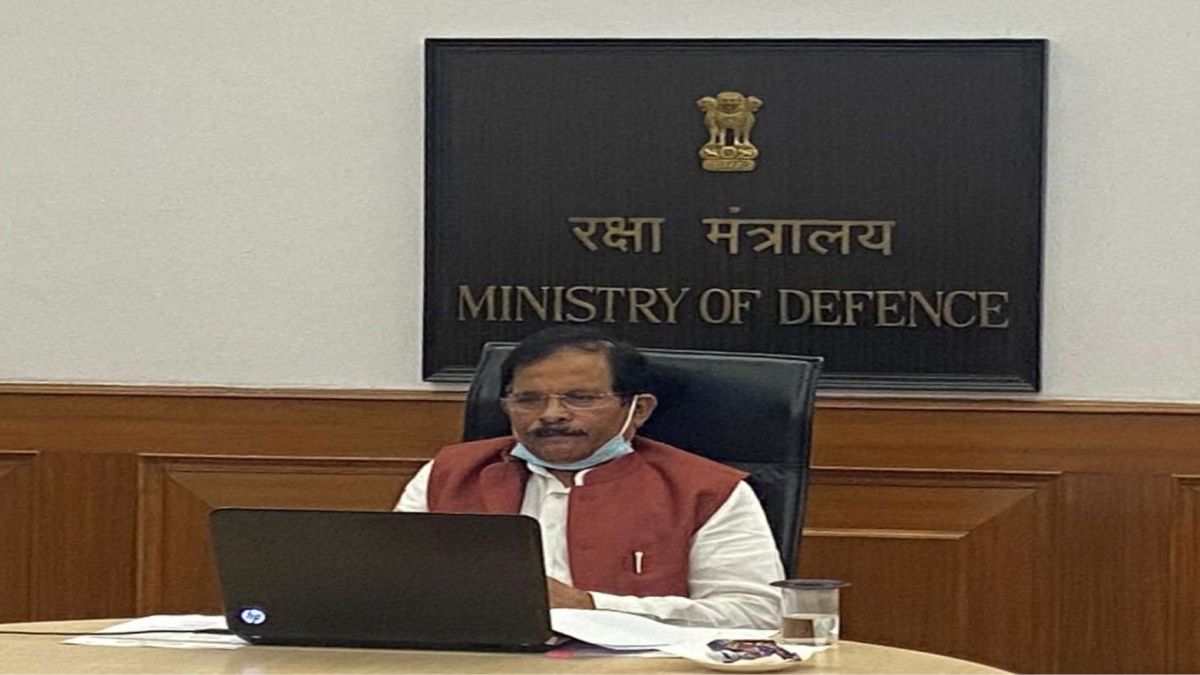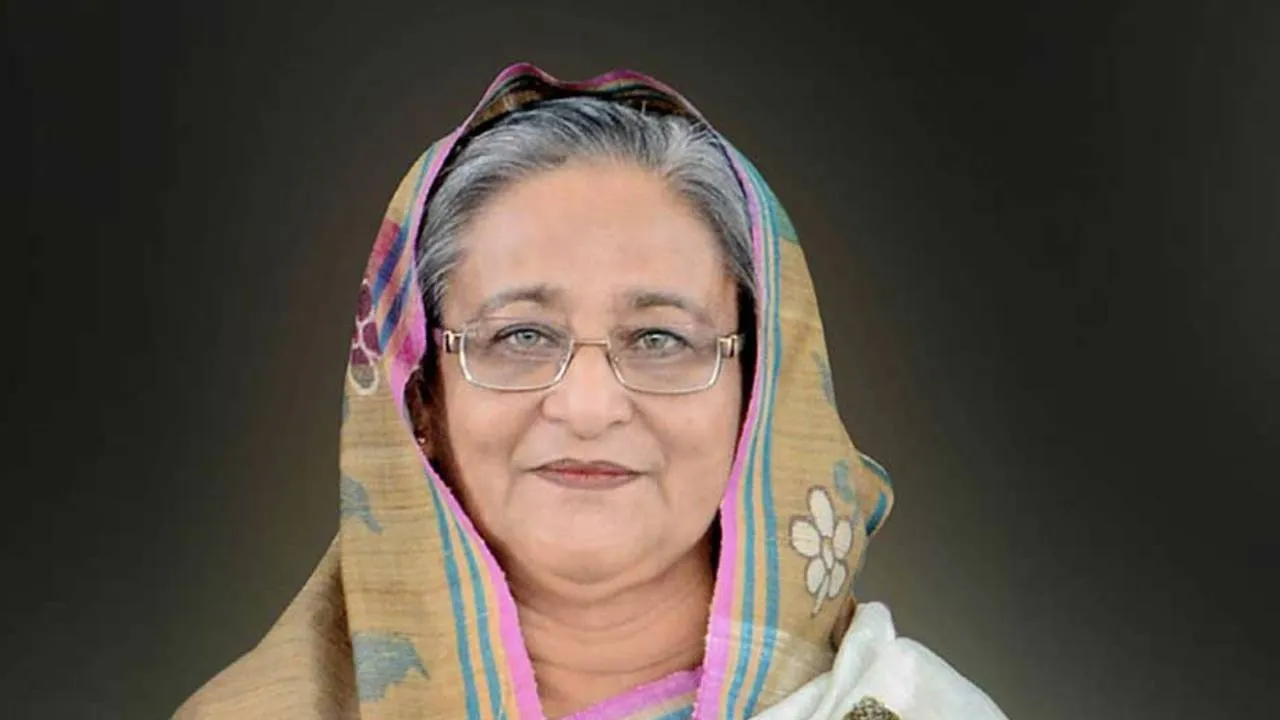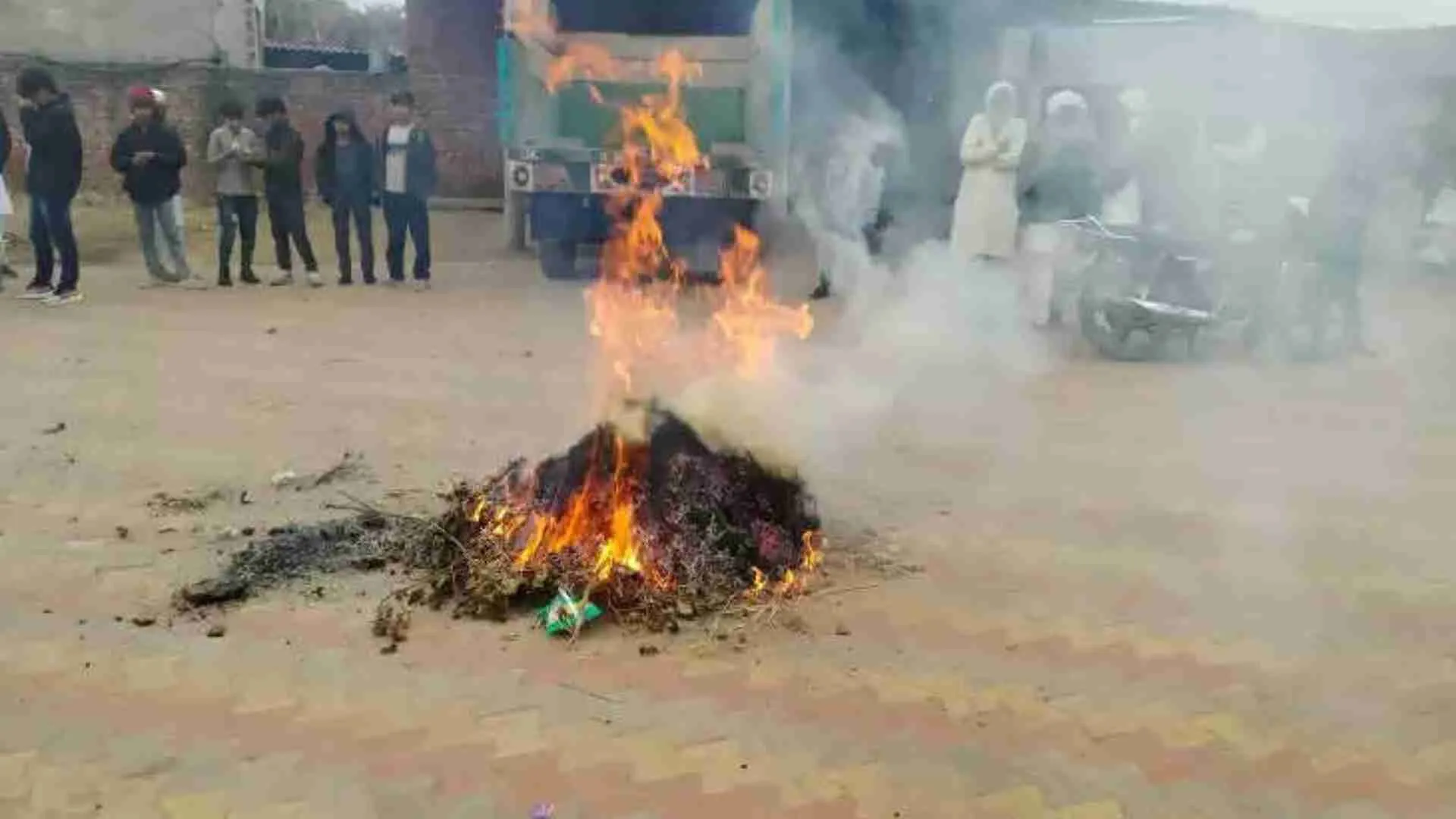The government is working on second ‘Positive Indigenisation List’ as part of Aatmanirbhar Bharat Abhiyan on domestic procurements. It is pursuing initiatives to achieve higher levels of indigenisation and self-reliance in the defence sector by harnessing the capabilities of the public and private sector industries in the country. Case for procurement of Light Utility Helicopters (LUH) and Light Combat Helicopters (LCH) is being progressed in accordance with extant procedures. Innovations for Defence Excellence (iDEX) framework was launched in April 2018 with an aim to achieve self-reliance and to foster innovation and technology development in defence and aerospace by engaging industries including MSMEs, startups, individual innovators, R&D institutes and academia. iDEX provides grants for prototype development and promotes innovation and entrepreneurship among the defence startups. Various initiatives being undertaken under iDEX are as follows:


1. Defence India Startup Challenge (DISC): iDEX is emerging as a front runner & has gained substantial traction in the Defence Startup Community. Various MSMEs/Startups have been funded so far, to evolve services related research towards challenges/Problem Statement of Indian Forces. DISC IV was launched on 29 September, 2020 by the RM.
2. iDEX Open Challenges: As part of the iDEX Open Challenges, the received proposals are reviewed for approval by the High Powered Selection Committee (HPSC).
3. iDEX 4 FAUJI: iDEX 4 FAUJI was launched, along with Defence India Startup Challenge IV to support innovations identified by grass root service personnel serving in the field conditions. This would incorporate the first-hand experience for improving and bringing operational and maintenance improvements in existing platforms, as also generate futuristic ideas for innovations in defence manufacturing. These would then be issued as challenges under iDEX with the shortlisted startups being assisted by the applicant servicemen.
4. As part of iDEX initiative, OFB has taken up in-house R&D projects for development of Armament, Ammunition & Equipment items of Land Systems pertaining to i.e. Artillery & Air Defence Gun Systems, Small Arms Weapons Systems, Armoured Fighting Vehicles and futuristic smart ammunition systems.
5. DRDO through Technology development scheme (TDF) scheme aims to fund private sector industry especially MSMEs including Start-ups. Total 25 Projects have been awarded to various private industries including MSMEs and start-ups under TDF scheme so for. The DRDO has also launched a pan India contest’ to bring innovators, entrepreneurs, individual and startups for innovative ideas in the field of defence and aerospace.
6. There are 11 projects of Indian Army as part of DISC and Open Challenges of iDEX which involves hand holding of 23 start-ups. Indian Navy has leveraged iDEX scheme and is presently engaging 21 startups in design and development for 9 projects. IAF, as part of these initiatives, is progressing 11 cases and is engaged with 17 start-ups/individual innovators/MSMEs for design and development of innovative equipment through iDEX.
Following are the steps to bring down the delays in timelines of capital acquisition:
1. The aim of the Defence Acquisition Procedure- 2020 (DAP) is to ensure timely procurement of military equipment, systems and platforms are required by the Armed Forces in terms of performance, capabilities and quality standards, through optimum utilisation of allocated budgetary resources. The following measures have been envisaged in DAP for achieving timely, efficient and effective procurement:
• Exemption of CNC (Contract Negotiation Committee) from furnishing Reasonability of Cost Certificate for DPSU Equipment already Priced by Committee constituted under orders of the Defence Minister.
• Delegation of Financial powers to Services Headquarters from Rs 150 crore to Rs 300 crore.
• Broad timeframe for completing procurement activities (from AoN to award of contract) had been reduced from 80-117 weeks to 70-94 weeks in multi vendor cases and form 92-137 weeks to 82-114 weeks in resultant Single Vendor cases.
• Acceptance of Necessity (AoN) validity has been reduced to six months (from one year) for ‘Buy’ cases and to one year (from two years) for ‘Buy & Make (Indian)’ cases.
• Draft Request for Proposal (RFP) has to accompany Statement of case (SOC) for AoN.
• Single vendor cases at the bid submission and TEC stages will not be automatically retraced but processed with due justification with the approval of Defence Acquisition Council (DAC).
• Guidelines for change of Name of Vendor have been incorporated in DPP-2016 and Guidelines for Handling of Complaints have been notified to address avoid delays on this account.
• To rationalise time taken for Field Evaluation Trials (FET), it has been provided that FET be held in conditions where equipment is most likely to deployed. In addition, provisions have been incorporated for increased use of certification and simulations in the technical evaluation of equipment.
2. Monitoring Mechanism: As part of DAP-2020, various monitoring mechanism have been introduced. Some of the existing monitoring mechanism for the Acquisition schemes is as follows:
• Periodic review of pre-contract schemes by PSO/APSO at SHQ and by DG (Acq) at MoD.
• Periodic review of delayed cases by DPB/DAC.
• Six monthly Review of shipbuilding cases by the Apex Steering Committee, headed by Secretary (DP) and Quarterly review by CWP&A.
• Empowered Project Committee (EPC) for SP Model 10(1) schemes, FTP cases.
• Monitoring of Make cases by Secretary (DP) and Head PMU-Make.
• Post Contract Monitoring for Projects.
This information was tabled in a written reply by Minister of State for Defence Shripad Naik to a question asked by Komati Reddy Venkat Reddy and Vanga Geetha Viswanath in the Lok Sabha.
SCHEME FOR PROMOTION OF MSMEs
Following measures have been taken for promotion of Micro, Small and Medium Enterprises (MSMEs) in defence production sector:
• Cases with Acceptance of Necessity (AoN) cost < Rs 100 crore are reserved for MSMEs, provided there are at least two or more MSMEs eligible to participate in the category.
• In order to encourage startups/MSMEs, procurement cases where the estimated cost is not exceeding Rs 100 crore/year based on delivery schedule at the time of seeking AoN or Rs 150 crore, whichever is higher, may be considered for issue of RFP without any stipulation of Financial parameters.
• Project under the Make categories, with procurement not exceeding Rs 100 crore/year based on delivery schedule at the time of seeking AoN are earmarked for MSMEs.
• Offset Policy has been revised in the year 2020, to provide a multiplier of 1.5 where Indian Offset Partner (IOP) is a MSME.
• Department of Defence Production (DDP) regularly conducts outreach programs in various parts of the country to interact with industry associations, industry especially MSMEs and academia, to spread awareness about the potential export opportunities. A scheme aimed to promote MSMEs in defence has been accorded approval. Under this scheme, conclaves/seminars are organised in Tier II and Tier III cities across the country with strong industrial and MSME presence, with the support of DDP. Three state level conclaves and one national level conclave in form of webinar have been organised during last two years under the scheme.
• An innovation ecosystem for defence titled Innovations for Defence Excellence (iDEX) has been launched in April, 2018. iDEX is aimed at creation of an ecosystem to foster innovation and technology development in defence and aerospace by engaging Industries including MSMEs, startups, individual innovators, R&D institutes and academia and provide them grants/funding and other support to carry out R&D which has potential for future adoption for Indian defence and aerospace needs.
• An indigenisation portal namely SRIJAN has been launched in August 2020 for Defence Public Sector Undertakings (DPSUs)/Ordnance Factory Board (OFB)/Services with an industry interface to provide development support to MSMEs/startups/industry for import substitution.
• Government has established two Defence Industrial Corridors, one each in Uttar Pradesh and Tamil Nadu to serve as an engine of economic development and growth of Indian defence industry including MSMEs.
• Ministry of MSMEs implements various schemes and programmes for promotion and development of MSMEs including defence sector MSMEs across the country. These include Prime Minister’s Employment Generation Programme (PMEGP), Scheme of fund for Regeneration of Traditional Industries (SFURTI), A scheme for Promotion of Innovation, Rural Industries and Entrepreneurship (ASPIRE), Credit Guarantee scheme, Credit Linked Capital Subsidy and Technology Upgradation Scheme (CLCSSTUS), Technology Centre Systems Programme (TCSP), Micro and Small Enterprises-Cluster Development Programme (MSE-CDP), Procurement and Marketing Support Scheme etc. Ministry also reviews and monitors the progress of the implementation of the Public Procurement Policy for MSEs Order, 2012.
As per information provided by Ministry of MSMEs, the details of procurement in terms of value from MSEs in Defence Sector by the Defence Department/CPSEs in the last two years and current year are as under:
Further, regular Vendor development programmes and webinars are organized for MSMEs by OFB and DPSUs for development of supply chain. However, during the Covid-19 pandemic, many webinars were conducted due to Covid-19 restrictions on physical accumulation. This information was tabled in a written reply by Minister of State for Defence Shripad Naik to a question asked by Parvesh Sahib Singh Verma in the Lok Sabha.
INDIGENOUS AIRCRAFT AND SUBMARINES
Indian Navy has placed orders for following indigenous aircraft and submarines:
(1)Aircraft by Hindustan Aeronautics Ltd (HAL): 12 Dorniers
(ii) 16 Advanced Light Helicopters (ALH MK III).
(iii) 8 Chetak helicopters.
(2)Submarines: Six Scorpene class submarines are being built by Mazagon Dock and Shipbuilders Limited (MDL) under Project-75.
There are some delays in the projects. Reasons for delays are as follows:
(1) Aircraft: The deliveries have been delayed due to the supply chain disruptions caused by Covid-19 pandemic.
(2)Submarines: The delays have been caused due to the various defects observed during the trials of the submarines, requirement of certain modifications and delays in the supply of items required for construction by the collaborator / ToT provider-Naval Group, France. The outbreak of Covid-19 pandemic has further impacted the delivery schedule of the submarines. In the interest of national security, the details cannot be divulged. However, the existing submarine fleet is being maintained combat worthy through life extension & modernization/upgradation.
This information was tabled in a written reply by Minister of State for Defence Shripad Naik to a question asked by Ravindra Kushwaha and others in the Lok Sabha.






















